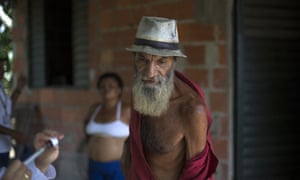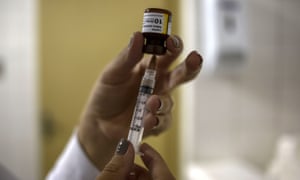Singapore (VNA) – The Singaporean Ministry of Health is considering adjustments to the Infectious Disease Act’s articles, especially those on denied entry to the country to prevent yellow fever virus.
The Southeast Asian country has listed Congo, Ethiopia, Paraguay, Brazil, Argentina and Peru among 42 African and South American countries in the endemic areas of the yellow fever virus.
Accordingly, all passengers, comprising children from one year old, from those nations, or international tourists once residing and transiting through the 42 countries for more than 12 hours in the latest six days, have to show up proof of yellow fever vaccination, or else they will be denied entering the country.
The ministry said that although there are yet no reported cases of yellow fever in Singapore, any importation of the disease to the nation will make it soon become an epidemic there due to the presence of Aedes mosquito vector.
Yellow fever is a mosquito borne acute viral haemorrhagic disease caused by the yellow fever virus. It is transmitted by the bite of an infected Aedes aegypti mosquito.
The Southeast Asian country has listed Congo, Ethiopia, Paraguay, Brazil, Argentina and Peru among 42 African and South American countries in the endemic areas of the yellow fever virus.
Accordingly, all passengers, comprising children from one year old, from those nations, or international tourists once residing and transiting through the 42 countries for more than 12 hours in the latest six days, have to show up proof of yellow fever vaccination, or else they will be denied entering the country.
The ministry said that although there are yet no reported cases of yellow fever in Singapore, any importation of the disease to the nation will make it soon become an epidemic there due to the presence of Aedes mosquito vector.
Yellow fever is a mosquito borne acute viral haemorrhagic disease caused by the yellow fever virus. It is transmitted by the bite of an infected Aedes aegypti mosquito.
The disease, which is popular in African and South American countries, is characterised by high fever, nausea and jaundice. It can become more serious, causing heart, liver and kidney problems along with bleeding. Up to 50 percent of people with more-severe form of the fever die.-VNA




